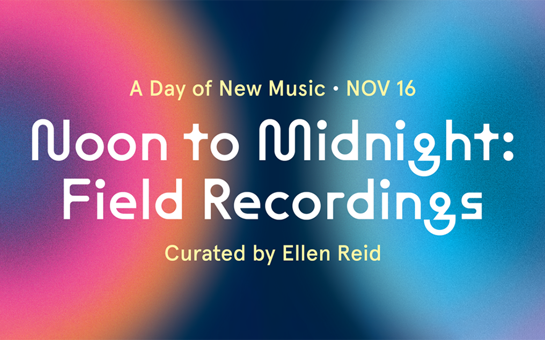- George Lewis
Le témoignage des lumières (2022)
- C.F. Peters Corporation (World)
Programme Note
Commissioned by Tanglewood Music Center and the Isabella Stewart Gardner Museum
With special thanks to George Steel, and a farewell present to Ellen Highstein
In 2004 I visited Gorée Island, near Dakar, Senegal. Over a period of nearly four hundred years, Gorée was the largest slave-trading center on the African coast. Both the deplorable slave quarters and the elegant mansions of the traders are on view there today, as well as a museum with artifacts of the period—chains, shackles, and original documents. Here, I learned that the French word négrier, which explicitly references blackness, denoted both the traders and the vessels they used to transport their cargo of African humans from Gorée’s famed “point of no return”—quite often to Nantes in Bordeaux, a principal slave trading stopover from the time of Louis XV to the rule of Napoleon.
The sound of Le témoignage des lumières (The Testimony of Lights) work situates itself within the classic American trope of depiction, among such forebears as Charles Ives, Amy Beach, Duke Ellington, Elliott Carter, and Blind Tom. From the opening moments, listeners find themselves virtually on board a négrier, where we hear not only the sonic testimony of the ship, but also the appalling violence and objectification of human beings that financially supported the Age of Enlightenment--in French, Le siècle des Lumières, the century of lights.
Confronting this staggering moral contradiction in music and scholarship is part of my exploration of what decolonization might sound like, as classical music develops an expanded notion of its history and identity, a new “we” that could be the field’s greatest promise.
More Info

- LA Phil Announces Noon to Midnight Festival curated by Ellen Reid
- 1st October 2024
- Ellen Reid will curate the 12-hour festival featuring live performances and art installations at the Walt Disney Concert Hall.

 Located in the UK
Located in the UK
 Located in the USA
Located in the USA
 Located in Europe
Located in Europe

 Digital download
Digital download